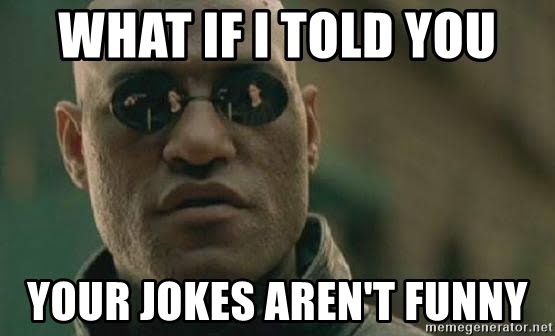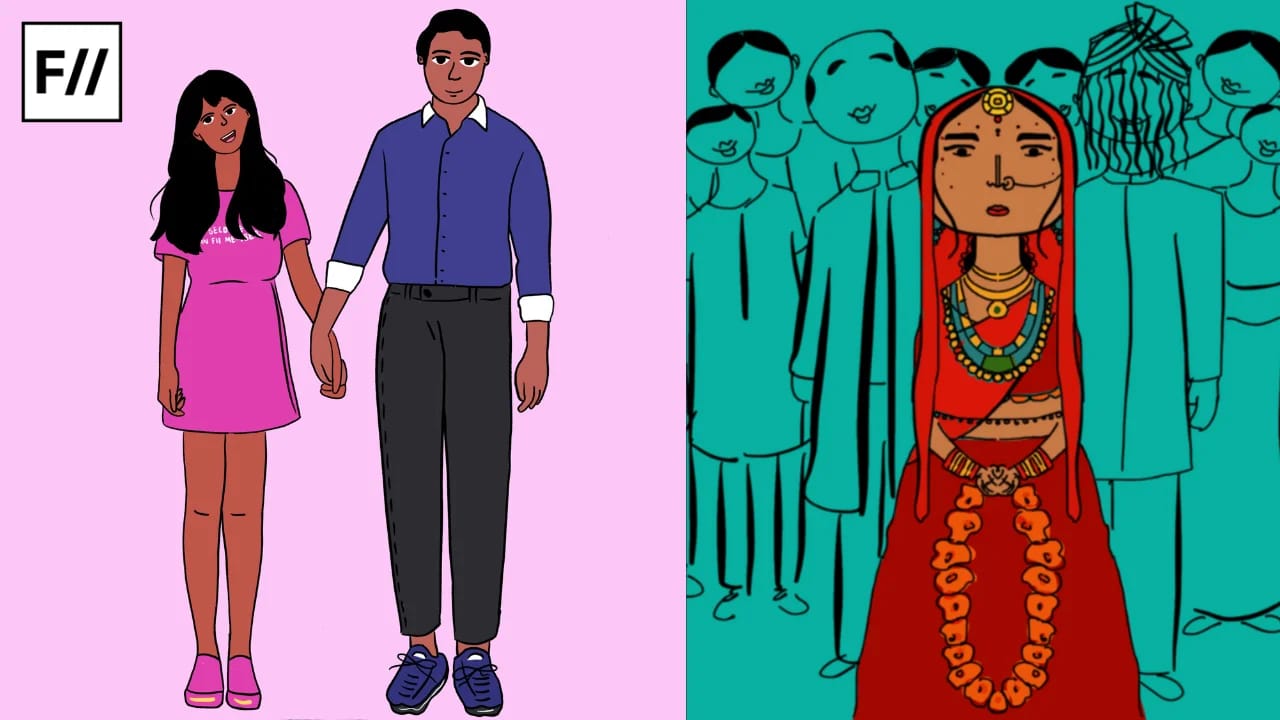Posted by Misbah Ansari
If we are on the verge of the apocalypse, and I am falling onto another vessel of the debatable afterlife, there are two things I would like to take with me – humour and poetry. Humour is versatile. It is an ability to be cherished.
I have long seen humour being used in forms of anecdotes, memes, GIFs, comics in the activist diaspora and it is an exemplary way of reaching out to people. My love for lightheartedness has lately taken the route of sheer aversion where my sarcastic mind and pop culture referencing soul wants to go berserk.
It is easy to correct others and express your discontentment when you come across an assertive statement, but the problem arises when it gnaws on the tone of derision. Benighted things rolled into the form of a “harmless joke”.
When snippets on social media say “depressed AF” in jocular tones, how will a victim/survivor know its seriousness?
I recently attended a roundtable conference discussing how to build resilience among teens. There was an ongoing dialogue about how schools can equip themselves to tackle the problem of mental illness among students.
An experienced teacher makes the statement that “nowadays every child is depressed”, followed by a dusting of laughter. I tried to find it funny. But all it did was reduce all my struggles and the struggles of all survivors of mental illnesses around me to nothing.
Jokes might be known for helping people, but when it just sets aside someone else’s struggle, it ceases to be funny. They pound upon the vulnerability of people with mental health issues, either burning their hopes into ashes or gaslighting their problems to such an extent that they fail to recognize it and talk about it. When snippets on social media say “depressed AF” in jocular tones, how will a victim/survivor know its seriousness?
Also Read: Infographic: Why Words Matter When We’re Talking About Mental Illnesses
When jokes based on mental illness are shown as acceptable things, it just leaves all of us with a tendency to normalise this attitude. No, low self-esteem and anxiety are not playthings or phases of confusion, expendable by ‘humour’.
Same applies to statements which are deeply sexist, Islamophobic, racist, homophobic or anything that puts down any segment of society in general. Our social conditioning is all-encompassing and vital to our learning processes, and a lot of it sticks with us throughout our lives.
When a meme stating ‘National Grab Ass Day’ is circulated among educated, ambitious millennials; they just shun those who point out everything wrong with that post saying, “It is just a meme”. What is this, if not a new bloom in the garden of patriarchy?
If your humour plays with the insecurities of people, it is not humour.
When you mention jokes about how people with mental illness should hang themselves, but point at their cowardice for the same, what is this? This reeks of an ingrained bigoted system setting store inside us since time immemorial. When we make jokes about the pain of domestic violence and how a Muslim person is equivalent to an act of bombing, isn’t this an indicator of a sheer lack of wanting to change?
Let me just sum it up. Jokes which are derisive to any kind of oppression and social problem, which just trigger and further enhance the pain of its victims, are not funny. They are not a sign of creativity but just an utter case of insensitivity. This portrays what Hermione Granger summed up best: “the emotional range of a teaspoon” of people who have grown up with putting down others.
If your humour plays with the insecurities of people, it is not humour. If your humour sets aside someone or a community’s struggle, it is not humour. Don’t call people fickle-minded for uprooting your gig stage which reeks of adamant bigotry.
Also Read: Why You Need To Mind Your Language While Talking About Mental Illnesses
Misbah Ansari is a seventeen-year-old student of humanities. She writes, reads, and engages in constructive political and activist dialogue from time to time.
Featured Image Credit: Meme Generator
About the author(s)
Guest Writers are writers who occasionally write on FII.




